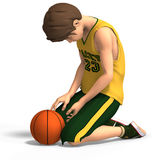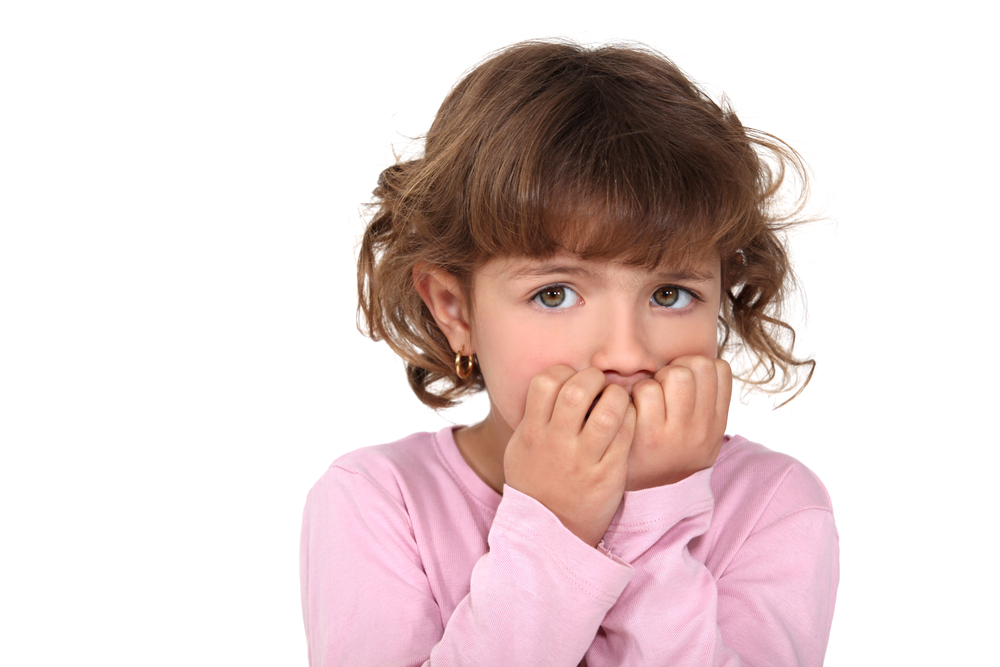Don’t Lose your Temper when You Lose a Game!
/Don’t Lose your Temper when You Lose a Game!
By Patience Domowski, LCSW
No one likes to lose, but why do some people have such a hard time with it? We’ve all seen (adult) sports fans freaking out when their team loses, but often adults handle it fine. Children, however, are a different story. While most adults can process that while it's disappointing to lose, they know it's a part of life and maybe they will win the next time. Children, though often don’t think about the broader picture or the future impact and cannot accept defeat.
Does your child ‘lose it’ when they lose? Throwing their gaming controller/sports equipment, screaming, stomping their feet, having a full tantrum when they lose a game? Are they unable to accept defeat or disappointment and overreact in anger? Do the blame the opponent and declare they must have cheated because they cannot take responsibility themselves for the loss? Do you worry taking your child to their sports events that they will lose their temper if they don’t win and it will embarrass you in front of the other team members and parents? If yes to any of these, keep reading!
Here are some reasons children struggle to accept loss in games (“games” refers to video games, board games, and sports games):
Child puts a lot of pressure on themselves to do well, often due to anxiety, and sees losing as “failure”.
Parents, coaches, others put a lot of pressure on child to win all the time, instead of just ‘do your best and have fun’.
Child has low self-esteem and losing confirms their negative view of themselves which is already low.
They are teased because of their performance by siblings, peers, friends, bullies, etc
Parents, coaches get upset and overreact when their child’s team doesn’t win
Child doesn't have the coping skills or emotional maturity to handle disappointment
Child/team hasn't been taught good sportsmanship skills.
There certainly can be other reasons too.
Some strategies to teach your child to handle losing a game better:
Remind child that just because they lost doesn't mean they did anything wrong or are a bad person/team because of it
Build child’s self-esteem in other ways, if games/sports are not helping or child is just not good at these activities, such as finding other things the child is good at like building, or art for example.
Encourage child to do their best, regardless of outcome, and don’t make them feel bad for missing a shot or making a mistake
Remind child that everyone wins some and loses some, and they need to just try their best, and it’s okay (if they can’t handle constructive feedback, say nothing, or just point out the positives, until they are more able to handle suggestions for improvement)
Model good sportsmanship by handling it well when adult’s preferred professional sports teams lose or do poorly. “We’ll get them next year”.
Praise the good as much as possible and focus on that: “You made a good pass” or “You got one goal!”
Teach child that if they handle losing well, the opponent/friend is likely to want to play with them again, however if they throw a fit the other person is likely to not want to play with them anymore.
Role-play/practice with child on how to react if they win or lose. Have child act out saying “Good Game” at end of game regardless of the results.
Try not to focus or mention the score in a game, or even saying who won or lost, but just on how individual did in some moves/plays
Also make sure to teach children to be good winners- not bragging, or teasing the other team, but just graciously accepting the result without over-doing their reaction (no show-boating). Make sure they say ‘good game’ regardless, and shake the other team’s hands (if appropriate).
Point out how professionals handle loss (look up some good examples online of professional sports players) and point out how professional coaches look for good sportsmanship and want to see that behavior in pros.
Teach child emotional regulation skills of recognizing their own emotions and how to handle anger and disappointment (like taking a deep breath, walking away for a minute to collect themselves, thinking about the problem differently) and have child practice and act out these behaviors
Purposefully play a game with child where the point is for child to handle losing graciously- tell the child this is the plan. (Adult should try hard to win). Praise the child for handling it well, if they do, or have them try again if they get upset. (May need to remind child how to respond towards end of the game.) If needed, add in an incentive like a small reward if they handle losing without getting upset.
Excellent book resources to read and discuss with your child:
“If Winning isn’t Everything, Why do I hate to Lose?” by Bryan Smith (available on Amazon)
“Bubble Gum Brain” by Julia Cook (addresses thinking flexibly, not giving up even if something is hard, handling mistakes, and growing)
Search on Amazon for other books on this subject.
Quotes:
“If you’ve had a good time playing the game, you’re a winner even if you lose”
“It is not up to me whether I win or lose. Ultimately, this might not be my day. And it is that philosophy towards sports, something that I really truly live by. I am emotional. I want to win. I am hungry. I am a competitor. I have that fire. But deep down, I truly enjoy the art of competing so much more than the result. ”
“First, accept sadness. Realize that without losing, winning isn’t so great. ”
“There are more important things in life than winning or losing a game. ”
“You learn more from losing than winning. You learn how to keep going. ”
“Losing a basketball game hurts but when you see what you’ve been through, you look on it and say well if this is the worst thing that can happen to me, then I’m okay.”
“I’ve missed more than 9000 shots in my career. I’ve lost almost 300 games. 26 times, I’ve been trusted to take the game winning shot and missed. I’ve failed over and over and over again in my life. And that is why I succeed.”
“You can’t win unless you learn how to lose. ”
“We didn’t lose the game, we just ran out of time”
“Success comes from knowing that you did your best to become the best that you are capable of becoming”





